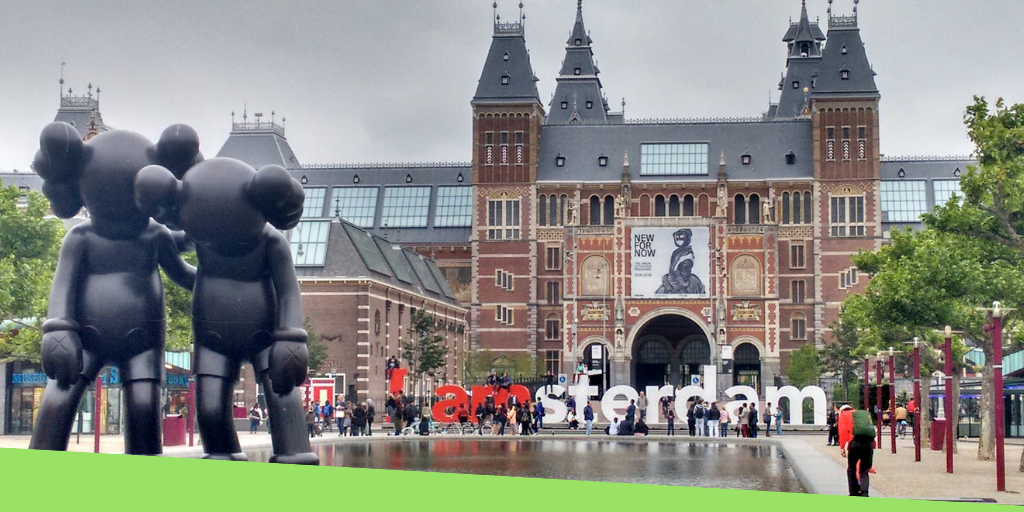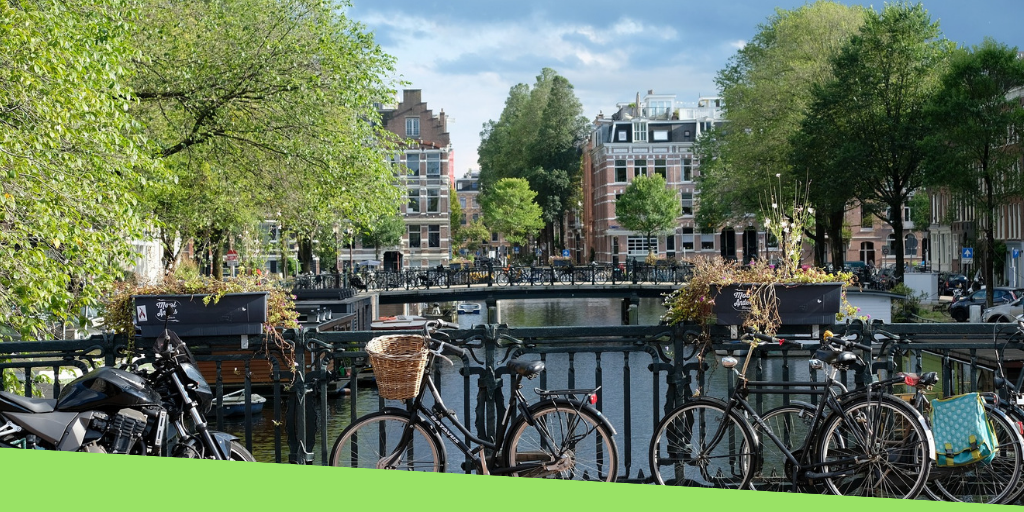A Quick Guide to Healthcare in Netherlands

We all want to have access to proper health care so that when unexpected events happen in life we know that we’re well taken care of. Netherlands offers high quality universal healthcare and theirs is considered to be one of the best models in the world.
This universal healthcare system is largely managed by the state in conjunction with private healthcare providers. The private insurance companies are funded by the government through a regulator’s fund which is managed by the state. This enables Netherlands citizens to receive primary care at a fixed price and insurance companies are not allowed to refuse coverage based on a patient’s financial situation.
About 99% of the country’s population has healthcare cover which means that practically everyone has access to good quality medical care. However, just because Netherlands has universal basic healthcare doesn’t mean that it’s necessarily free. Read on to find out how the healthcare system in Netherlands actually works.
How is Healthcare Organized in Netherlands?
The healthcare system in Netherlands is organized very much like a military defense. First you have the general practitioner who is your first port of all. They will diagnose you and treat your condition. Alternatively, you can consult with a dentist, a physical therapist, psychologist or midwife depending on the nature of your health condition.
The next line of defense you have access to in Netherlands are hospitals, clinics and other healthcare facilities that are designed to provide care in cases of specialized diagnoses.
Lastly you have long-term facilities which as the name implies, are designed to provide ongoing medical care. There are 93 hospitals and over 1970 pharmacies in Netherlands.
How is the Healthcare System in Netherlands Organized?
The Netherlands healthcare system is arranged according to a regional and municipal basis. Public health centers offer a comprehensive range of services, including school healthcare systems and youth health centers. This is in addition to the healthcare provided by GP practitioners and incorporates the country’s vaccine program.

Netherlands Healthcare for Expats
If you’re planning on living in Netherlands then you should definitely register with a GP practice which will be covered by your basic health insurance policy. It’s best to choose a GP that is close to your place of residence so that you’ll have easy access to them in case of emergencies. You can choose any GP you like but make sure that they have good English proficiency so that it’s easy for them to communicate with you.
There’s also an Expat Medical Centre that’s aimed at providing medical care for expats only. It’s a really easy way to access good quality healthcare for expats that plan on visiting Netherlands for a short amount of time.
How GPs Operate in Netherlands
GPs in Netherlands rarely operate through an individual practice. Most opt for a shared facility like Stichting Amsterdamse Gezonheidcentra. Such initiatives allow GPs to share resources like operating facilities and personal assistants.
Before you decide on a GP, first visit their website to see what their communication channels are. Nowadays, you should be able to communicate with your GP via e-consult, and appointments are mostly done online instead of over the phone.
It’s essential that you register with your doctor online and book an appointment ahead of your consultation. The same goes for your prescription medication, which you can order online as well.
Most GPs in Netherlands maintain a digital file for each of their patients which they can share with other medical professionals with your permission. This is usually done in order to optimize your medical care.

The Cost of Healthcare in Netherlands
The country’s citizens are required, by law, to take out basic insurance which usually costs between 100 to 200 EUR per month. Some employers contribute a tiny amount towards their employees’ cover but this is not always the case. Obviously, children below 18 years of age aren’t expected to take out health insurance for themselves as they’re covered through the youth and children’s healthcare programs.
A visit to the emergency room typically costs about 256 EUR on average, which translates to about $300. Consulting with a doctor on the other hand, costs about 47 EUR on average, or $55.
It’s important to note here that the basic healthcare cover that Netherlands citizens are required to take out only covers expenses like GP visits and hospital stays, as well as basic prescriptions. Specialized forms of treatment that are expensive may require that you pay out of pocket.
Some of the medical care that you’ll have access to when you register for basic health coverage include GP consultations, hospital care, specialist care, dental care, dietary advice, maternity care, limited mental health treatment, therapy treatments and even services that are tailored to help smokers quit. You can only see a specialist in Netherlands after being referred by your GP.
Netherlands health insurance comes with an excess requirement which can reach 385 EUR per year. This is known as “deductible excess” or eigen risico and it’s the amount that the patient needs to pay before an insurance company remunerates them for their medical costs. The good news is that eigen risico does not apply to GP visits and treatments, children under the age of 18 years, or any type of treatment that is already covered by supplemental insurance.
Recommended For You
Benefits of Doing Asset Valuation For Your Business
Most Inside
Most Inside offers high-quality recommendations and valuable updates to enhance all aspects of your life, providing premium guidance and enriching experiences.




